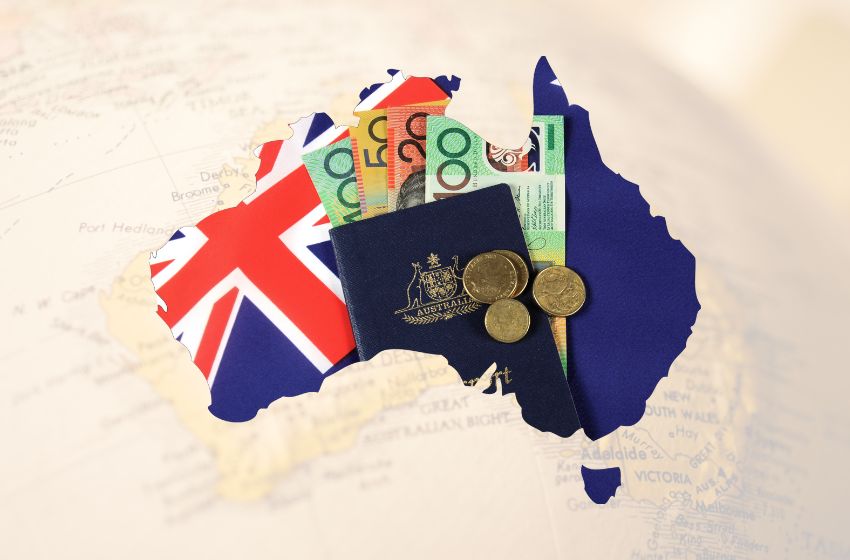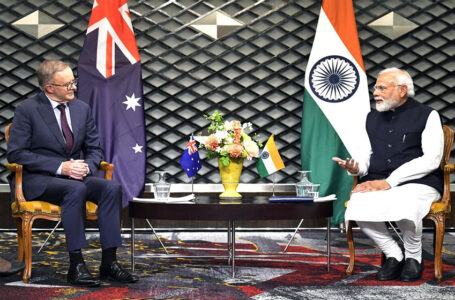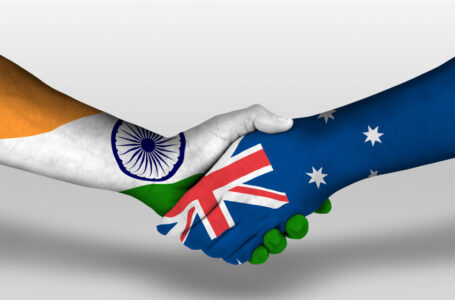Selling the Golden Ticket – Why the Ultra-Rich Are Buying Passports Like Never Before

In an age where the ultra-wealthy can afford just about anything, there’s one commodity that’s becoming increasingly valuable: citizenship. While the average person views citizenship as a birthright or a lengthy bureaucratic process, the world’s elite have discovered a fast-track option – citizenship by investment. The question is, why is this trend picking up pace, and what does it mean for countries, including Australia, that offer such programmes? The answers may be as complex as they are surprising.
The Allure of a Second Passport
For most people, the idea of acquiring a second passport might seem unnecessary, even extravagant. But for the super-rich, it’s a strategic move. A second passport can offer a range of benefits, from visa-free travel to numerous countries, to tax advantages, to a safe haven in times of political or economic instability. It’s not just about convenience; it’s about security, flexibility, and preserving wealth.
The Business of Buying Citizenship
Countries offering citizenship by investment usually do so to attract foreign capital. The investment can take many forms – real estate purchases, government bonds, or direct contributions to a national fund. These programmes often bring significant inflows of money, boosting local economies and fuelling development projects.
For instance, the Caribbean nation of St. Kitts and Nevis generated approximately 25% of its GDP in 2014 through its citizenship by investment programme. Similarly, Malta has raised over €1 billion since launching its programme in 2014. It’s a win-win scenario, at least on the surface – the wealthy get a valuable asset, and countries get much-needed investment.
Australia’s Significant Investor Visa
Australia is no stranger to this trend, offering a ‘Significant Investor Visa‘ that provides a pathway to permanent residency for applicants willing to invest at least AUD 5 million into complying investments. While this doesn’t directly grant citizenship, it’s a significant step towards it, and the programme has attracted numerous wealthy individuals, particularly from China and Southeast Asia.
Ethical Quandaries
The concept of buying citizenship raises several ethical questions. Does it commodify something that should be sacred? Does it create a two-tiered system where the rich can essentially buy their way into opportunities and benefits that others must work for or may never attain? These concerns are not trivial and require serious debate.
Global Inequality Exacerbated
There’s also the issue of global inequality. The ability to purchase a passport is an option available only to the ultra-rich, creating yet another divide between the haves and the have-nots. It perpetuates a system where money can buy freedom, security, and opportunities, while those without significant wealth continue to face barriers.
The Ripple Effects
As more countries jump on the citizenship-by-investment bandwagon, there may be unforeseen consequences. For instance, how will this trend impact international relations? Could it potentially be exploited for nefarious purposes like money laundering or tax evasion? And what happens when wealthy foreign investors start wielding significant influence over a country’s economy or even its political landscape?
The rising trend of citizenship by investment is a mirror to our times – reflecting a world where money increasingly dictates access to freedom, security, and opportunity. While the economic benefits for participating countries are hard to ignore, the ethical and societal implications are complex and far-reaching.
As Australia continues to attract wealthy investors through its visa programmes, it’s crucial to engage in a thoughtful discourse about what this means for the nation’s future. Are we okay with putting a price tag on the Australian dream, or is it time to reassess the true value of citizenship? As the lines between citizenship, investment, and privilege blur, it’s a question that becomes increasingly difficult to ignore.





